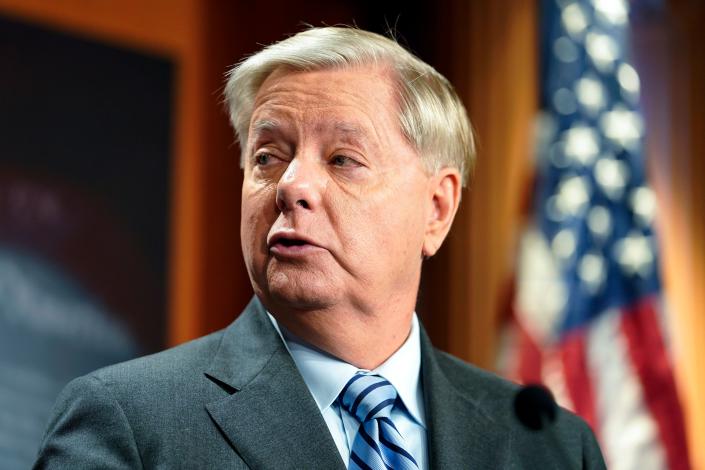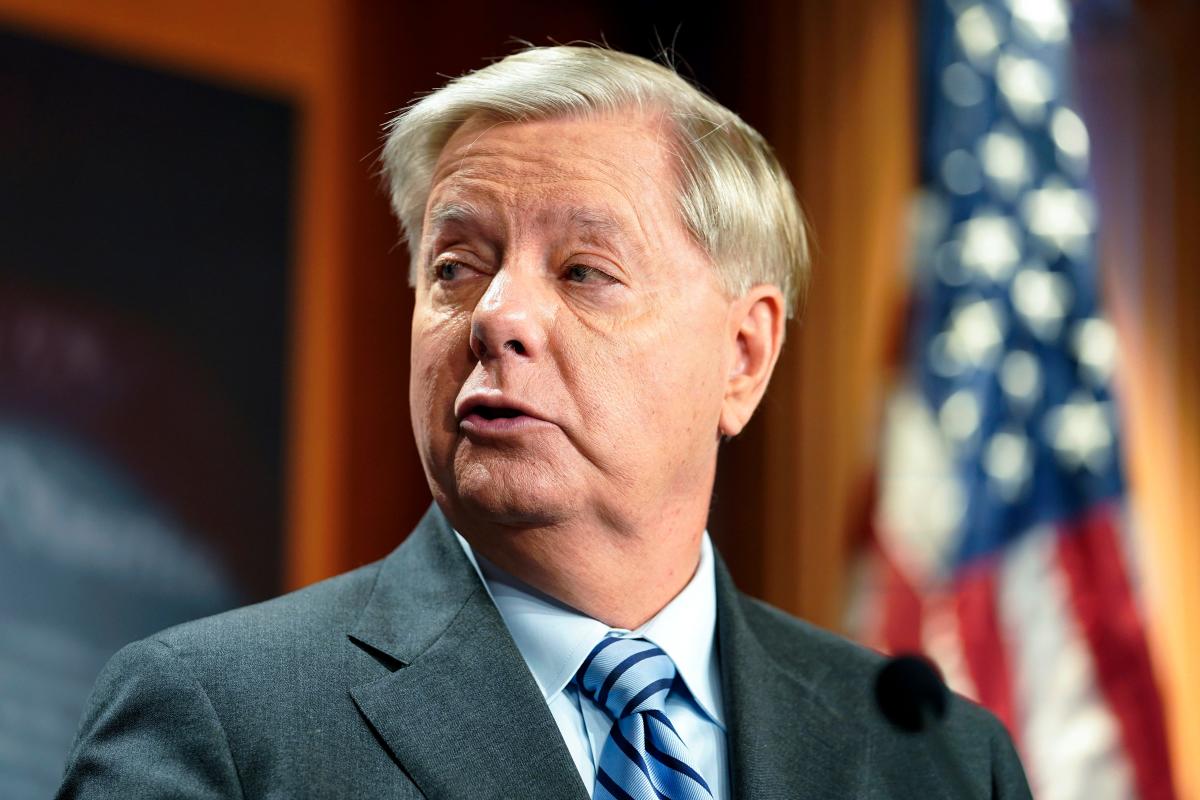WASHINGTON — The Supreme Court on Tuesday denied Senator Lindsey Graham’s attempt to temporarily suspend a subpoena from a Georgia grand jury investigating the Republican senator’s involvement with the state after the 2020 presidential election.
Graham, a South Carolina senator and close ally of former President Donald Trump, asked the Supreme Court to intervene to block the subpoena, alleging that his efforts in Georgia were part of his official duties and therefore shielded from questioning.
The court made its decision in a brief unsigned order with no noted dissent.
Graham based his argument on the Constitution’s speech or debate clause, which warns that lawmakers “will not be questioned anywhere else” for comments made in Congress. The idea is to protect lawmakers from questioning or prosecution based on their work for the legislature. Graham has maintained that his contacts in Georgia after the election were related to his work as a senator.
More: Chief Justice Roberts grants Trump temporary grip in tax return dispute
Keep talking about politics: Sign up for the OnPolitics newsletter
In response to the emergency call, Fulton County District Attorney Fani Willis emphasized that the speech or debate clause is only intended to protect “activities related to actual legislative acts of the Congressman.” County prosecutors said federal courts would oversee the questioning and Graham would be immune to any questions related to his legislative activities.
The grand jury is seeking testimony from Graham regarding appeals he made to Georgia Secretary of State Brad Raffensperger in November 2020.
In its decision Tuesday, the Supreme Court said lower courts had already made it clear that Graham could not be questioned about his official legislative duties and that he could take any disputes over the questioning to court if necessary.
“Therefore, a suspension or an injunction is not necessary to guarantee the immunity of the senatorial speech or the debate clause,” the court said.

Raffensperger said Graham suggested Georgia could throw out a large number of ballot entries for President Joe Biden, according to news reports. Graham has denied those allegations. “Almost immediately after the calls became public knowledge, there was great public disagreement among the participants about exactly what Senator Graham had said during the calls,” Fulton County prosecutors told the Supreme Court.
Associate Justice Clarence Thomas, who handles cases from Georgia, had delayed the subpoena long enough for both sides to present their written arguments in the case to the Supreme Court.
A panel of three judges from the U.S. Circuit Court of Appeals for the 11th Circuit ruled in favor of the Fulton County District Attorney last week.
This article originally appeared on USA TODAY: Supreme Court dismisses Senator Graham’s battle over Georgia subpoena

